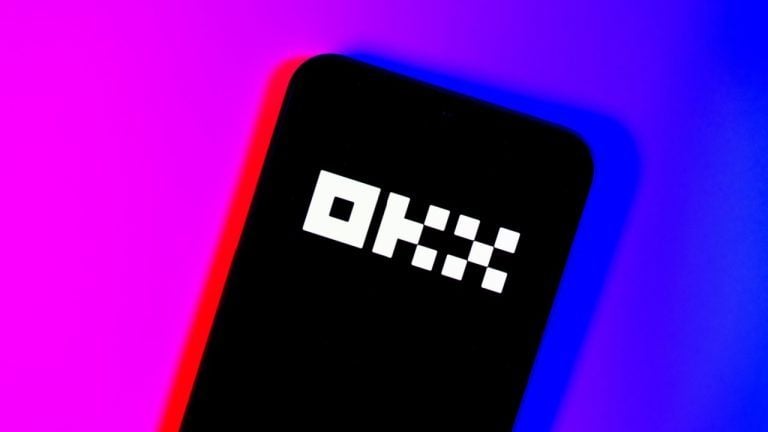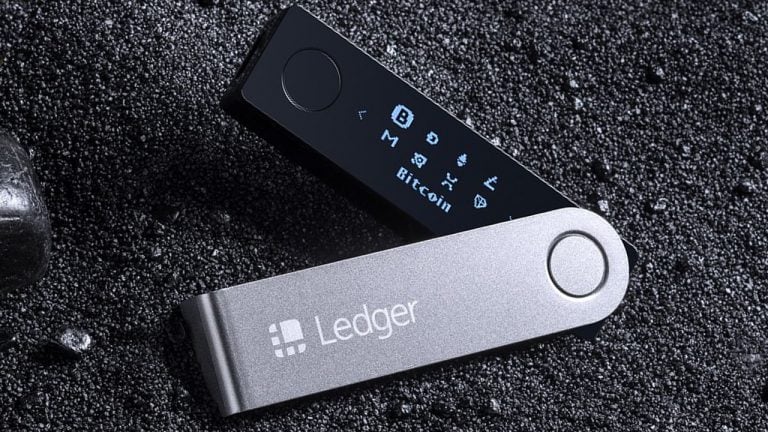
‘Poopcoin’: Korean professor uses bio-waste to mine crypto

Students in a South Korean college are earning crypto mined from the energy generated from their excrement.
“Shitcoin” may no longer be solely a term used to describe altcoin projects with questionable value propositions, as one South Korean university professor has taken the term to a more literal dimension.
Cho Jae-weon of the National Institute of Science and Technology in Ulsan, South Korea, has created an eco-friendly toilet system that produces fertilizer and energy from human excrement.
Jae-weon, a professor of urban and environmental engineering, said the toilet system incorporates a vacuum pump that redirects human waste into an underground tank to produce biogas (methane).
The professor’s experiment is reportedly utilizing the biogas to power a university building, gas stoves and water heaters among other things.
“If we think outside of the box, feces has precious value to make energy and manure. I have put this value into ecological circulation,” the professor said.
Jae-weon’s experiment also has a digital currency component with a native token called Ggool, which is used to incentivize the adoption of the eco-friendly toilet. Students earn 10 Ggool per day if they use the toilet and use the digital money to buy coffee, bananas and even books on campus.
Related: Bitcoin Mining Council survey estimates a 56% sustainable power mix in Q2
Detailing the viability of human excrement as a power source, the professor stated that the excrement produced by an average person could produce up to 0.5 kilowatt-hour of electricity, which is sufficient to power an electric vehicle for up to three-quarters of a mile.
Crypto mining stakeholders are moving toward more eco-friendly power sources, especially amid the current backlash from policymakers over the supposed carbon footprint of the process. The Bitcoin Mining Council estimates that 56% of Bitcoin mining is currently using sustainable energy sources.
Go to Source
Author: Osato Avan-Nomayo









